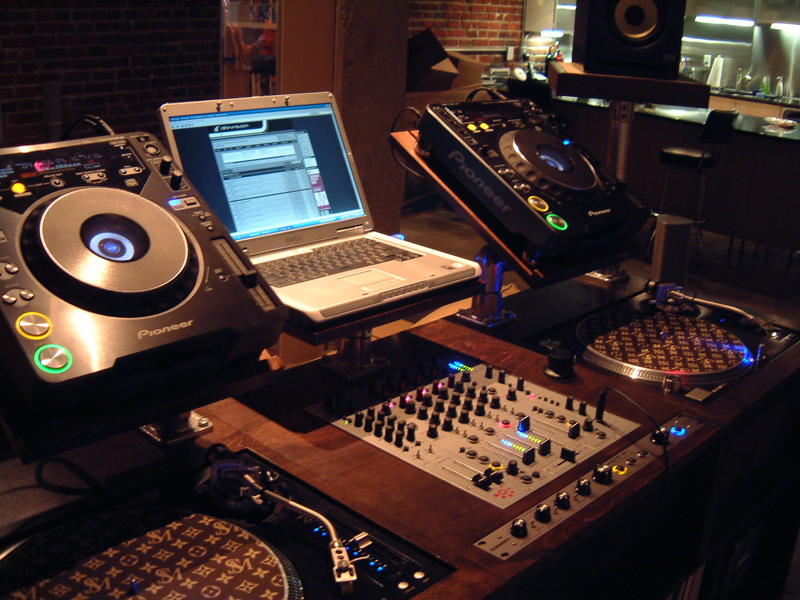 It happens to the best of us and yet at the same time it totally sucks. One day you turn on the radio and you hear this infectious head pounding beat that makes you start grooving. You shake your head from left to right and you really get pumped. So while you’re dancing you’re thinking…”Man this track would be amazing in my house set! That new club won’t know what hit it!” From there you proceed to download more tracks from that artist as well as other tracks that grab your attention. Soon you have this mega mix-set with beautiful transitions that flow like water and songs that are guaranteed to make people hot & sweaty.
It happens to the best of us and yet at the same time it totally sucks. One day you turn on the radio and you hear this infectious head pounding beat that makes you start grooving. You shake your head from left to right and you really get pumped. So while you’re dancing you’re thinking…”Man this track would be amazing in my house set! That new club won’t know what hit it!” From there you proceed to download more tracks from that artist as well as other tracks that grab your attention. Soon you have this mega mix-set with beautiful transitions that flow like water and songs that are guaranteed to make people hot & sweaty.
Now let’s fast forward to opening night. As soon as you stepped onto the stage and started spinning the first track…the crowd was in love. You were the star that night with your intricate remixes and pulsating sounds. Everybody wanted to take a picture with you or touch you. You couldn’t go into VIP without somebody complimenting that gnarly set you just threw down. The only thing going through your mind at that moment is, “I’m winning.”
Yeah you were winning…until you get a letter in the mail saying you’re being sued by Interscope Records for copyright infringement. Wait…WHAT?!
That’s right. See while you were out spinning and enjoying the crowd, BMI was also out as well. They had their secret spy standing in some desolate corner shuffling his hands back and forth whilst cackling like a mad man. Sike. He was probably an average looking man or woman sipping on a drink at the bar. And every time they heard a song signed under Interscope…well let’s just say the numbers started adding up.
See larger labels and even indie labels today are signed with publishers. It is the publisher’s job to ensure that their clients are being compensated for song/track usage. This means that you can’t use a song by a popular artist in videos, mix sets, movies, etc, without paying and reporting to BMI/ASCAP/SESCAP. So while the DJ doesn’t have to sign up for this service, the clubs they spin at SHOULD. This ensures that the DJ can spin great music from the catalogue without being penalized. Without that service, both DJs and club owners become responsible for paying back the record label and the publisher. And I don’t think a club owner will want you to spin again if he or she has to pay money because of your mistake.
So how do you protect yourself? The best way to avoid these types of situations is by simply doing research. Make sure the club you spin at is signed up with some kind of service that pays royalties to performance artists. Let them know you want to look at the catalogue so you can pick the appropriate tracks to remix, play, etc. If they aren’t signed up and you really want to work with them…try contacting indie producers and labels. There are some great unsigned gems out there that aren’t protected by publishers. Can you imagine the hype you would get if you spinned tracks that no one else knew about…and they were astounding?! You’d be a DJ Hero (no pun intended.) I mean really, I can tell you right now people will jump on a deal that takes their great tracks off of the pc and into a club.
So overall protect yourself and make sure you aren’t breaking the law. DJing has become more than just a hobby. It’s a way of life now for most people and the music industry notices this. They don’t care if you’re a kid with an iTunes playlist or if you’re a mainstream act. If you don’t have permission…they’re going to find you…and fine you.




